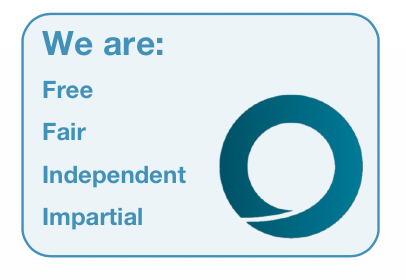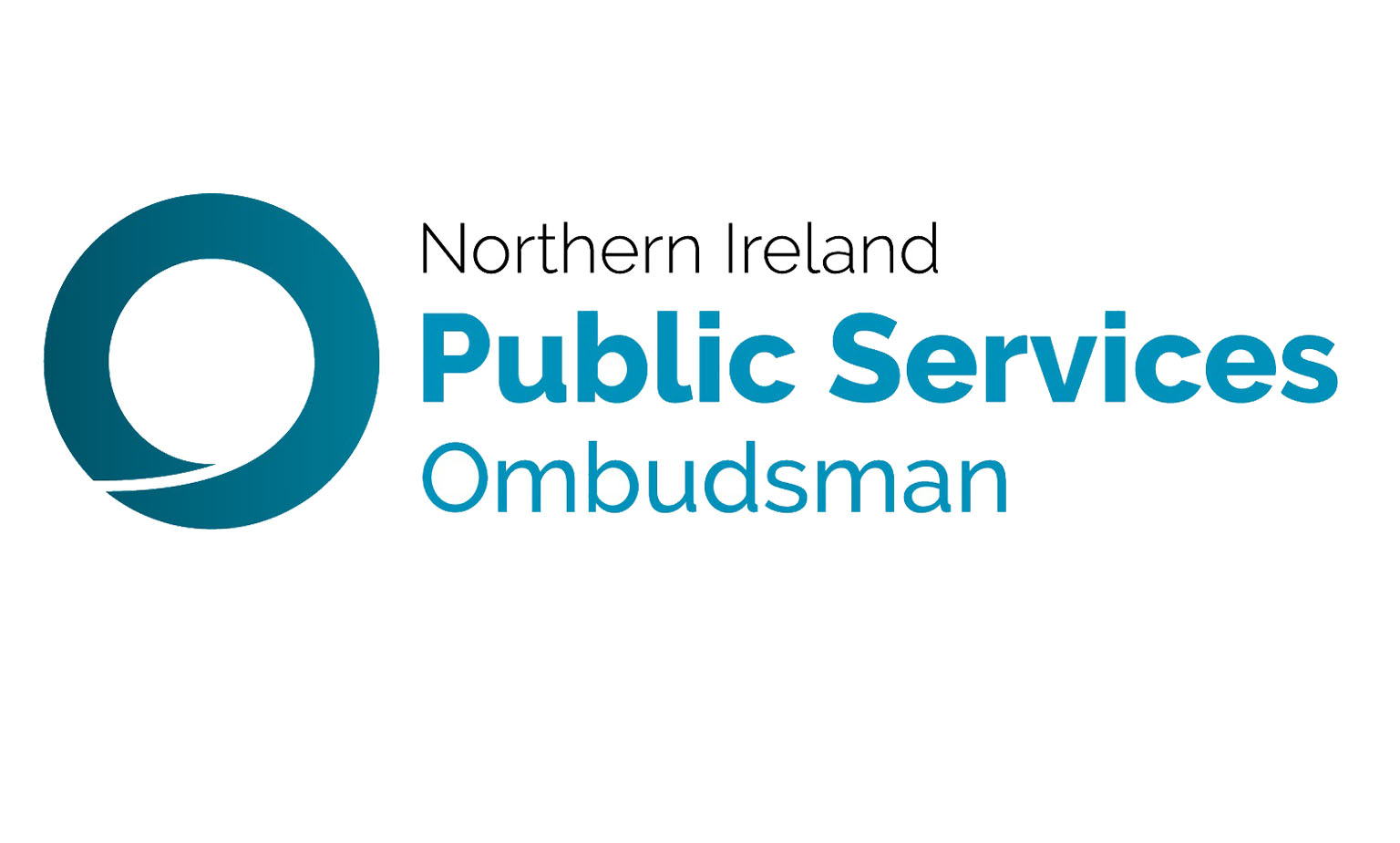Achieving justice through the ombudsman

Northern Ireland Public Services Ombudsman, Margaret Kelly, explains an ombudsman’s role in accessing justice.
A fair society means that everyone should have equal access to justice and the redress it can provide. Yet the complexity, cost and time involved in accessing the traditional legal processes for civil or administrative justice can prove prohibitive. Perhaps even more so in recent years as more restricted access to legal aid means representation is either unavailable or has become out of reach for many.
Nationally, as well as internationally, ombudsman offices have become a significant and permanent feature of the broader legal landscape, aiming to provide an alternative path to justice depending on the remedy being sought.

Increasingly ombudsman offices provide a route for the individual citizen to seek both resolution from, and accountability for, public bodies and their decision making. Further, the development of powers of own initiative among many ombudsman offices, including my own, means issues of wider or systemic maladministration may be identified, investigated, and addressed. This potentially reduces the need for action to be taken by individuals either through courts or tribunals or via complaints to ombudsman schemes.
At the Northern Ireland Public Services Ombudsman (NIPSO), we investigate unresolved complaints about most public bodies, including government departments, local councils, the NI Environment Agency, care homes, hospitals, schools and universities, prisons, and providers of social housing.
When we investigate, we consider the evidence and give the complainant and the organisation an equal hearing.
Our aim is to resolve complaints quickly, fairly, and effectively. This may involve:
- Helping the complainant and the organisation reach an agreement;
- considering all the facts during an investigation to determine whether the public body did things properly; and
- making recommendations on how a public body can improve to prevent similar problems from happening in the future.
Our service can be accessed directly and without need for representation. This makes it easier for people to use our service, but we are aware that the role and value of the ombudsman may not be immediately clear, so we are also focused on improving our accessibility through engagement. Our investigations are inquisitorial, focusing on fact-finding and on seeking to understand what happened. This is an important part of our process and is one of the reasons why people may choose an ombudsman route over a traditional legal route.
Our investigations are carried out in private. Confidentiality ensures that all parties feel secure in sharing information, allowing us to closely examine all of the issues without external pressures. We examine records, interview witnesses, and use professional experts where appropriate.
Once the investigation is complete, we often publish our full report. We generally name the organisation which is the subject of the complaint, but do not name complainants. We are therefore able to hold organisations to account while still protecting people’s identities.
Whether the issue involves delay, administrative error, or poor communication by an organisation, we make sure that complainants are heard and their grievances addressed. Our overall approach makes NIPSO a practical, cost effective, and attractive option for resolving disputes.
Key statistics 2023/24
|
Building trust
On a wider level, our work helps to build trust between individuals and public service providers.
When organisations fail to act on complaints they risk losing public trust. This is unfortunately evidenced by the findings of a number of public inquiries in Northern Ireland and across the UK. Our work helps ensure that organisations take complaints seriously and benefits not only the complainant but also the organisation.
Interface between the ombudsman and the legal system
Elsewhere on these islands, and internationally, there has been reflection and debate on where the ombudsman sits in the legal landscape and how they might effectively provide more access to justice.1 The Law Society of England and Wales launched a 21st Century Justice initiative in which it both published a green paper (2023) and an interim report (2024)2 which aimed to narrow the justice gap and ensure increased access to justice, particularly for those on low incomes. Interestingly both identified maximising access to ombudsman offices as one key strand of achieving this.
They highlight a number of recommendations for improved links and co-operation between ombudsman offices and the courts, and in particular argue for consideration of the ability of administrative courts and tribunals to refer potentially systemic maladministration to ombudsman offices for investigation and action. My own initiative report PIP and the Value of Further Evidence (2021) identified systemic maladministration in how further evidence was used in decision making on applications for personal independence payments – something I have no doubt the tribunal saw on many occasions.
In Northern Ireland, NIPSO has a number of interfaces with the legal system. In common with all other ombudsman schemes, it is a route to challenge our decisions where they may seem irrational or unfair. Further there is provision for those who have suffered detriment to seek further compensation via the County Court on foot of a finding of maladministration by my office.
Over and above that, the courts here recognise and value the Ombudsman as an alternative route or choice for justice, and in a number of established cases3 both here and elsewhere recognise that it is for the complainant to choose that route. Additionally, the complex and thorough nature of our investigations mean that they may feature in informing the courts where there is a matter of judicial review eg. in the matter of a continuing health care judicial review a substantive investigation report was referenced.4
Ensuring the Ombudsman functions effectively as part of the wider legal landscape, and that there is co-operation and understanding of both, is key to ensuring the widest access to administrative justice for citizens in Northern Ireland. As we move forward in the 21st century consideration of our broader legal landscape and providing the most effective routes to justice for all is worth further reflection and debate.

Contact
T: 0800 34 34 24
E: nipso@nipso.org.uk
W: www.nipso.org.uk





